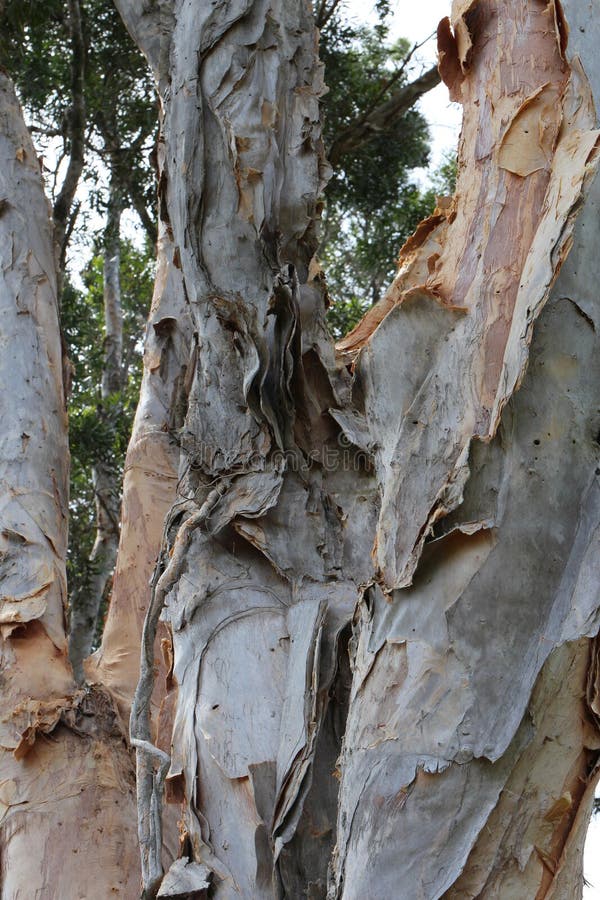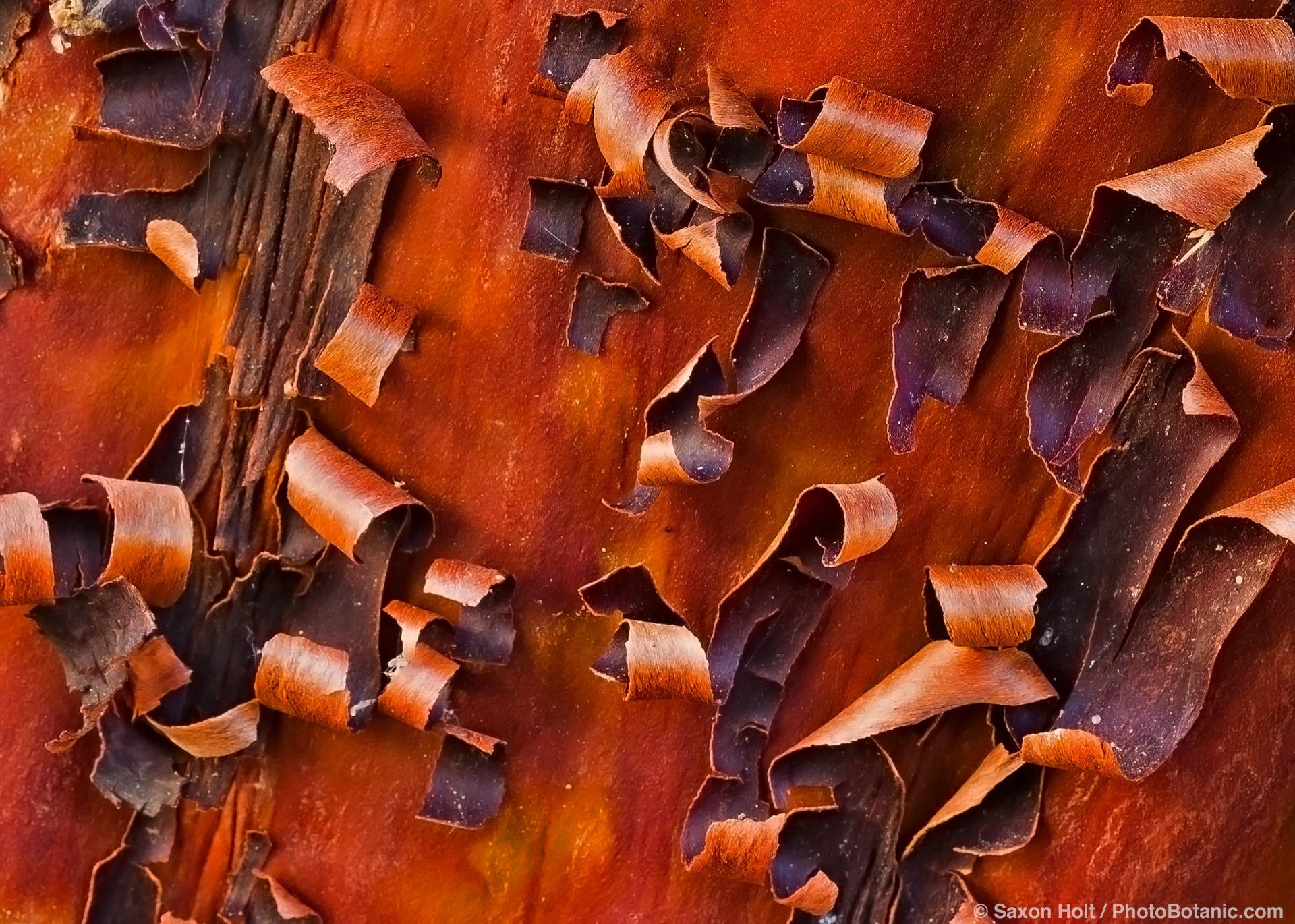Peeling bark is not often considered an attractive feature of a tree, but for some species, it can add an interesting visual element to a landscape. Here are a few examples of trees with peeling or flaking bark that may catch your eye.
The first tree we will discuss is the Paperbark Maple (Acer griseum). This beautiful tree is known for its reddish-brown bark that peels away in strips. The peeling bark reveals a smooth cinnamon-colored underlayer that adds an extra element of visual interest. The Paperbark Maple is a slow-growing tree that can grow to be about 20-30 feet tall and wide, making it a good option for smaller yards.
Another tree with peeling bark is the River Birch (Betula nigra). River Birches have a unique bark that peels away in curly, papery strips. The bark can range from a light salmon color to a dark reddish-brown. This tree is also fast-growing and can reach a height of up to 80 feet tall, making it a good option for larger landscapes.
The third tree we recommend is the Shagbark Hickory (Carya ovata). As the name suggests, this tree has a shaggy appearance due to the peeling bark. The bark peels away in long, vertical strips that give it a layered look. This tree can grow to be around 80 feet tall and is well-suited to larger landscapes.
The fourth tree on our list is the Lacebark Elm (Ulmus parvifolia). This tree’s bark feels like puzzle pieces and peels away in small, irregular patches. The bark can range from light gray to orange-brown and is a unique feature of this tree. Lacebark Elms can grow to be about 40-50 feet tall, making them a good option for medium-sized landscapes.
The final tree we will discuss is the Redbud (Cercis canadensis). While the bark of the Redbud doesn’t technically peel, it does have a unique texture that adds an interesting element to the tree’s appearance. The bark is smooth and mottled with patches of gray, brown, and tan. The Redbud can grow to be around 20-30 feet tall and wide and is a good option for smaller landscapes.
In conclusion, trees with peeling or flaking bark can add an interesting visual element to a landscape. The Paperbark Maple, River Birch, Shagbark Hickory, Lacebark Elm, and Redbud are all great examples of trees that have this unique feature. Consider adding one of these trees to your landscape for a pop of visual interest.
If you are searching about Bark Peeling Red · Free photo on Pixabay you’ve came to the right web. We have 8 Pictures about Bark Peeling Red · Free photo on Pixabay like Bark Peeling Red · Free photo on Pixabay, Trunk of pine tree with peeled bark | High-Quality Abstract Stock and also Its Wild – Tree Bark Peeling | The Musings Of William S. Main. Read more:
Bark Peeling Red · Free Photo On Pixabay

pixabay.com
peeling pixabay curl flake
Northern Pecans: February 2014

northernpecans.blogspot.com
bark pecan peeling hark pecans northern
Diagnosis – What Is Wrong With My Trees? The Bark On One Side Is

gardening.stackexchange.com
peeling cracking splitting kuori puun miksi kuorii waarom pelt tauti sanne
10 Trees With Peeling Or Flaking Bark | Garden Housecalls

georgeweigel.net
peeling flaking shredding
Trunk Of Pine Tree With Peeled Bark | High-Quality Abstract Stock

creativemarket.com
pine bark tree
The Peeling, Twisted Multi-colored Bark Of A Paperbark Tree, Melaleuca

www.dreamstime.com
bark melaleuca peeling paperbark leucadendron maui
What Kinds Of Trees Have Bark That Peels? | Home Guides | SF Gate

homeguides.sfgate.com
bark tree trees peeling peels damage branches kinds indicate normal causes split certain threaten conditions healthy
Its Wild – Tree Bark Peeling | The Musings Of William S. Main

williamsmain.wordpress.com
bark peeling wild tree its summertime manzanita arctostaphylos exfoliating pattern
Trunk of pine tree with peeled bark. Northern pecans: february 2014. Bark tree trees peeling peels damage branches kinds indicate normal causes split certain threaten conditions healthy
 markanthonystudios.net Mark Anthony Studios Site
markanthonystudios.net Mark Anthony Studios Site


